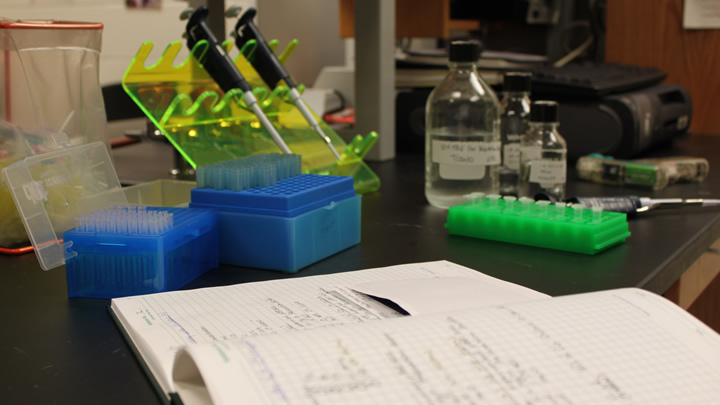Biography
My career reflects my broad scholarly interests that range from examining plants' interactions with their environments, to promoting sustainability, to catalyzing pedagogical and curricular reforms in biology education. Growing concerns about environmental crises have led me to teach courses on place-based sustainability in Hawaii and more recently in the Netherlands. In the Dutch Sustainability course, currently offered in May of even-numbered years, my colleagues and I lead excursions that explore how human interactions with nature have shaped places over centuries and how people are now working together to deal with a broad array of sustainability challenges.
Education
- Ph.D. in Plant Physiology, Purdue University (1991)
- B.S. in Biology, Calvin College (1985)
Professional Experience
- Calvin University, Professor of Biology (2008–present)
- Calvin College, Associate Professor of Biology (1998–2008)
- SUNY Fredonia, Assistant Professor of Biology (1993–1998)
- Washington State University, Department of Botany, Postdoctoral Research Associate (1991–1992)
Academic Interests
- Eco-sustainability
- Refugia gardening
- Plant-based diets and regenerative agriculture
- Plant environmental stress responses
- Plant biotechnology
- Scientific teaching pedagogies and active learning
Research
Refugia are small pockets of resilience where communities of interacting species can survive and adapt to new fitness conditions resulting from climate change and other ecological disturbances. Inspired by this concept, I am proposing a set of principles and practices to guide "refugia gardening" in urban environments, especially in yards and parks. I contend that through refugia gardening, ordinary citizens can engage in networks for biodiversity conservation to nurture a vision for a more hopeful future. To learn more about this project, check out my Refugia Gardening website.








